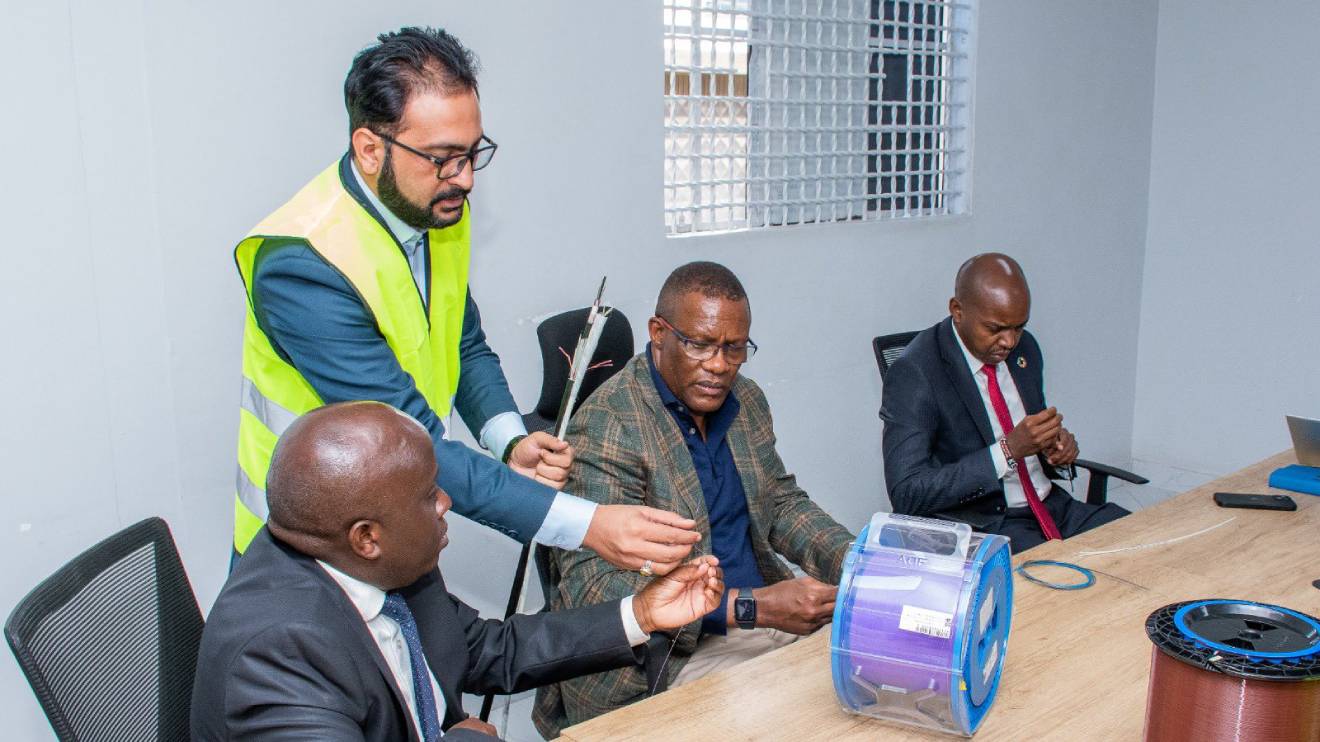Microsoft Africa Development Centre (ADC) and Jomo Kenyatta University of Agriculture and Technology (JKUAT) have concluded the revision of its computer curriculum to modernize them to meet the current demands of the industry.
Microsoft ADC and JKUAT’s Department of Computing have revised the university’s Bachelor of Science degree in Computer Science and Bachelor of Computer Technology curriculum.
The new curriculum will see delivery of 128 units in courses offered in JKUAT’s Computer Science and Computer Technology revised from the September 2023 students’ intake.
Microsoft ADC says the move is part of catalyzing digital transformation by offering students skills and practical knowledge to enable them be competitive in the global digital landscape.
It will also prepare students for demands of a rapidly changing technology industry through underscoring development of practical skills and simulating real-world experience in class.
Read More
The new syllabus will also see students acquaint with Applied Machine Learning, Virtual Reality, Quantum Computing and User Experience Design to prepare them for the global job market.
“We are delighted to have partnered with Jomo Kenyatta University of Agriculture and Technology (JKUAT) in the curriculum review process and have our experts contribute specialized knowledge that will allow for tech industry-ready students and use of improved standards of teaching,” said Microsoft ADC Managing Director Catherine Muraga.
The move seeks to make Kenyan tech students more employable by tech companies across the globe while boosting Kenya’s startup ecosystem, local businesses and entrepreneurs.
This also comes amid a growing demand for digital skills in Africa, which is internally seeking lasting solutions to its own challenges as it also pushes its digital transformation agenda.
In 2022, Kenya unveiled the Kenya National Digital Master Plan to foster digital growth with one of the key pillars being building the digital capacity of at least 10,000 ICT professionals.
“The review process has been extensive, with invaluable insights and recommendations from experienced industry experts that will add significant value to classroom instruction,” said JKUAT Department of Computing Chairman Dr Lawrence Nderu.
He added, “We look forward to providing our students with best-in-class education that integrates practical skills building and theoretical understanding as they prepare for success in the technology industry."
Microsoft ADC added that similar curriculum reviews will be effected at other institutions of higher learning to bridge the gap between the technology industry and academia in Kenya.
“We believe that by partnering with educational institutions, from primary school to the university level, we can help create a future workforce equipped with the skills and knowledge needed to thrive in a digital age,” stated Muraga.
She added: “We look forward to working with other institutions of higher learning to develop curricula that will improve the whole technology talent pipeline and grow the pool of tech talent in the country to benefit the whole ecosystem.”



-2 (1)-1713428604.jpeg)


 (1)-1713163485.jpeg)

-1679766659.jpg)
